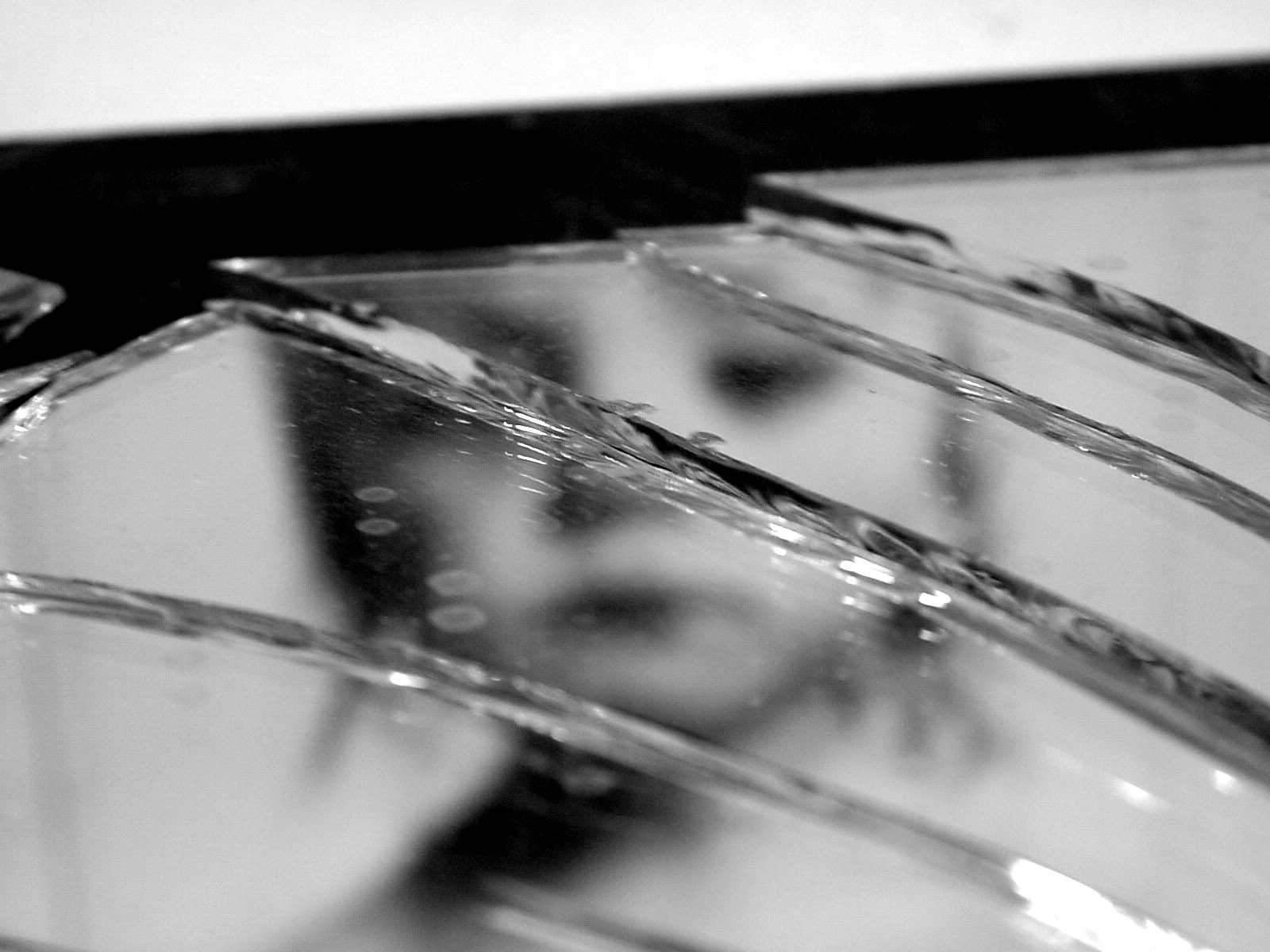Having done most of my interviews (I am still looking for a few women in the community), I have finally started my analysis! This means that I am now able to check some of my hunches during the interviewing stage. One of these was that many of the women I spoke to categorised their childhood as good or bad (but usually good), right at the start of the interview. Men seemed to do this less often.
Here are the results of my first proper look at the data: it is true that more of the women tended to label their childhood. Seven out of the thirteen for whom I have completed transcripts did, with many (5) defending their childhood as ‘good’ or ‘perfect’ right at the start of the interview. Two women did the opposite, starting the interview by saying that their upbringing had been ‘bad’ or ‘not very good’. Some examples:
Me: And what about even earlier, like, what’s your earliest memory?
Pffff….fuck…I’ve not really had that much ae a good upbringing, eh.
Me: So I don’t know if you’re happy talking about your childhood…
Yeah.
Me: If you just wanna start there…
Well, I had really a good…really good upbringing. Erm…ma mum and dad were together, brother, erm…ma mum and dad were hard-working.
Men occasionally did the same, but much less often. Three men defended their childhood as ‘good’, with only one man saying right away that he had had ‘a bad home. Twelve men (at the moment I have 16 completed transcripts) just described their childhood without evaluating it. Again, some examples:
Me: Did you have brothers and sisters?
Er…had a…bad, bad home. 1 sister and 3 other brothers. 5 ae us. Erm…ma childhood was quite bad. I had erm…I used tae get battered fae ma step-dad quite a lot.
I always look back at ma childhood very fondly because I can genuinely say wi’ any period of ma life…fra adolescence tae…right up til today, ma childhood was only the genuine period in ma life where I can look back at…where I can genuinely say I was happy.
A more subtle difference between the men and the women was that women were more likely to use the formal word ‘upbringing’. None of the men used this word, instead talking of ‘home’ or ‘childhood’. Upbringing sounds like a word used by officials, social workers and the like. The way many women defined their ‘upbringing’ as good right at the start of the interview made them sound like they were defending themselves (or their upbringing) from an idea that they did not agree with – that it was problems with their childhood that had led them to where they were now. This would also make sense of why more women and men who defined their childhood did so in a positive way; those with difficult childhoods were more likely to just give a description:
[I had] two brothers. D and D. Then when my mum died, we were split between my dad and my gran and granddad. Because my dad ended up with a drink problem. So he wasn’t really…he was looking after us but not the way he should have been. And just between my gran and granddad, my dad… that’s it really. Till I was 16. I started the drugs. Started taking drugs. Just from there, just trouble, constant.
Um…well…ma mum didnae bring us up, eh. Um…she…well she brung me and ma big brother up till like I was aboot 3…um…and then I had tae go and stay wi’ ma gran and granddad ‘cos ma mum like…she like taken drugs and ma dad, so they wernae able tae cope, eh.
Difficult childhoods might fit the expected picture held by officialdom about the past lives of prisoners better – and those with a childhood that did not fit this picture felt the need to defend it. That women felt this need more strongly might be because they are more ‘unusual’ by being imprisoned – and are often portrayed as especially damaged. The question is what it means for a life narrative (of which childhood is inevitably an important part) to be constructed in response to the (negative) expectations of others. Those who said their childhood had been good often later described situations that were not ideal, but not necessarily traumatic either (a parents who spent all their time working to fulfill material rather than emotional needs; a mother leaving her children on the cusp of adulthood; being seen as a trouble-maker). Might they have been more negative about their childhood if they did not have to defend it from officialdom? Or been more able to acknowledge the complexity of a childhood neither ‘good’ nor ‘bad’? And if so, what implications might this have had for the way they saw events later in their lives, including their sentences and offending?
